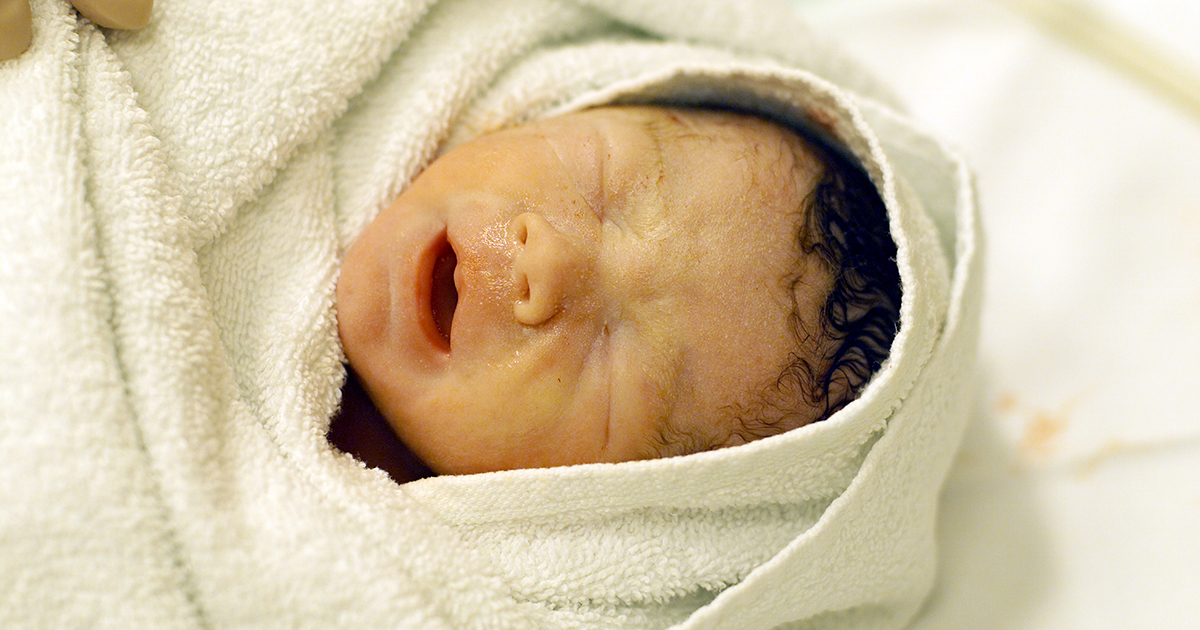Causes Of Dyscalculia
Premature Birth

Premature birth is one that takes place before the expectant mother's thirty-seventh week of pregnancy. The risk of premature birth is increased for mothers who have previously had a premature baby and for mothers pregnant with twins or triplets. After birth, premature babies often need immediate specialist hospital care in a dedicated neonatal unit, and some may require surgery. Preterm birth may lead to complex and chronic long-term health problems, including cerebral palsy, hearing difficulties, heart defects, vision problems such as a detached retina, asthma, delayed tooth eruption, and behavioral or developmental delays. Some premature babies will have several complications, while others may have only slight impairments. Many premature babies go on to live a normal life.
It's time to learn about more causes of dyscalculia.
Presence Of Other Learning Difficulties

Generally, the presence of other learning difficulties is associated with an increased likelihood a child will have dyscalculia. Neurological conditions, including dyscalculia, are part of a continuum that includes numerous related concerns. For example, individuals with learning differences in math often also have language disabilities, in which they may have trouble responding to questions or struggle to quickly understand a fast-paced lecture. Sometimes, these conditions may occur along with coordination disorders; these can manifest themselves in poor handwriting, difficulty with buttoning clothes, trouble with gross motor coordination, and being hypersensitive to touch. Regulatory disorders, including depression, anxiety, and anger management difficulties, can worsen existing dyscalculia.
Continue reading to reveal more about the causes of dyscalculia.
